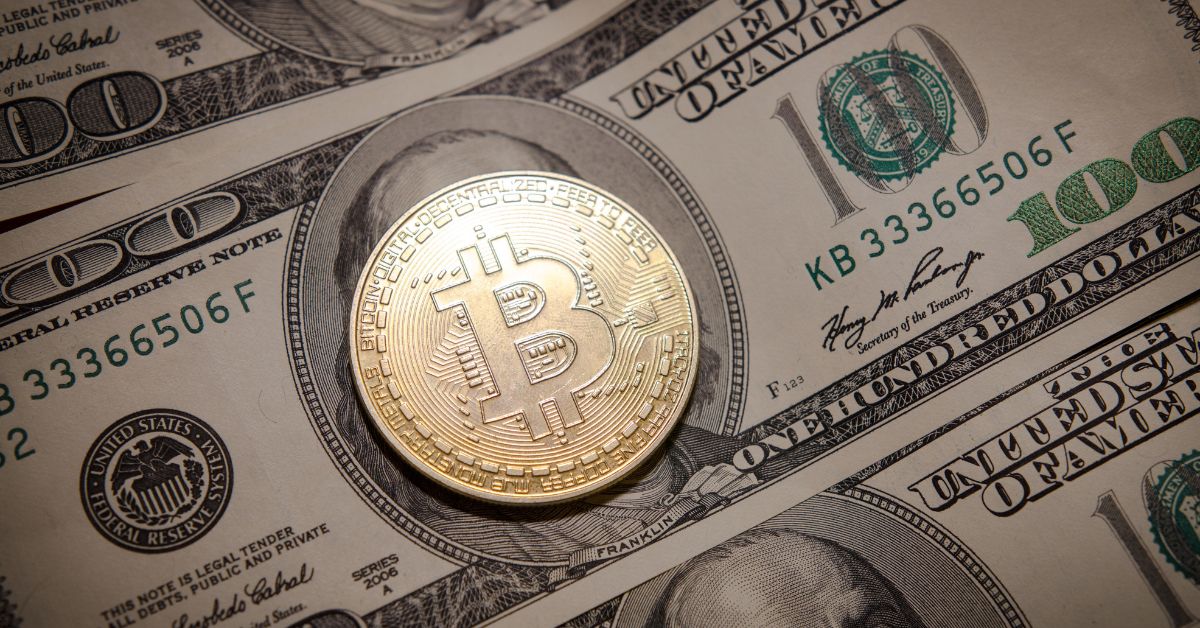
12 Jul Florida’s new cryptocurrency rules
Florida Governor Ron DeSantis approved new cryptocurrency legislation. The new law clarifies virtual currency in legal terms, modifies Florida’s financial laws regarding money service businesses (MSBs), and ultimately loosens limitations on the state’s cryptocurrency industry. On January 1, 2023, the new Florida cryptocurrency law will go into force.
The new cryptocurrency law Governor DeSantis approved includes a definition of “virtual currency.” According to the description, virtual currency is “an electronic or digital medium of exchange that is not currency.” Two significant utility tokens are excluded from the definition of virtual currency. Utility tokens are digital currencies that are exclusively useful within a particular ecosystem.
Tokens “issued by or on behalf of a publisher and utilized exclusively within an online game, game platform, or family of games sold by the same publisher or distributed on the same game platform” are not considered a virtual currency, according to the first exclusion. Tokens are “exclusively used as part of a consumer affinity or rewards program and can be applied solely as payment for purchases with the issuer or other designated merchants but cannot be converted into or redeemed for currency or another medium of exchange” are excluded from the second category.
The majority of well-known cryptocurrencies, including Tether (USDT), Dogecoin (DOGE), Shiba Inu (SHIB), Ethereum (ETH), Solana (SOL), Dogecoin (DOGE), and Shiba Inu (SHIB), as well as stablecoins like Tether (USDT) and USD Coin (USDC), will be classified as money service businesses (MSBs) for regulatory purposes.
There will be minimal compliance obligations for companies providing gaming and/or customer incentives utility tokens, such as Axie Infinity Shards (AXS) and Decentraland’s MANA token. Utility tokens used for customer reward programs will also be exempt.
According to Malescu Law, the most significant change is the elimination of the requirement for individual cryptocurrency traders who trade tokens on peer-to-peer platforms to obtain a Money Transmitter License, which has several conditions, including a $100k minimum net worth, and a surety bond, extensive background checks, and fingerprinting.
However, cryptocurrency exchanges like Binance and Coinbase would still require a money transmitter license to legally function in the state of Florida, despite the bill’s removal of licensing requirements for people.
The new bill does away with the need for bitcoin exchanges and other intermediaries to retain cash and other assets with a value equal to the cryptocurrency being sent. Instead, cryptocurrency exchanges will need to keep digital money of the same kind and weight due to the recipient party.
Some new standards are also included in the updated Florida crypto rule. One of them is the requirement that cryptocurrency companies make sure the selected receiver receives the tokens within ten business days after receiving payment. Businesses that deal in cryptocurrencies and are required to hold a license as money transmitters must also keep daily records of the types of cryptocurrencies they send and receive.
When it goes into effect on January 1, 2023, the new Florida crypto statute would simplify, clarify, and loosen limitations on cryptocurrency and enterprises connected with crypto. This will strengthen Florida’s status as the top crypto hub for the United States and encourage more investment and commercial activity there.
Source: Malescu Law


No Comments